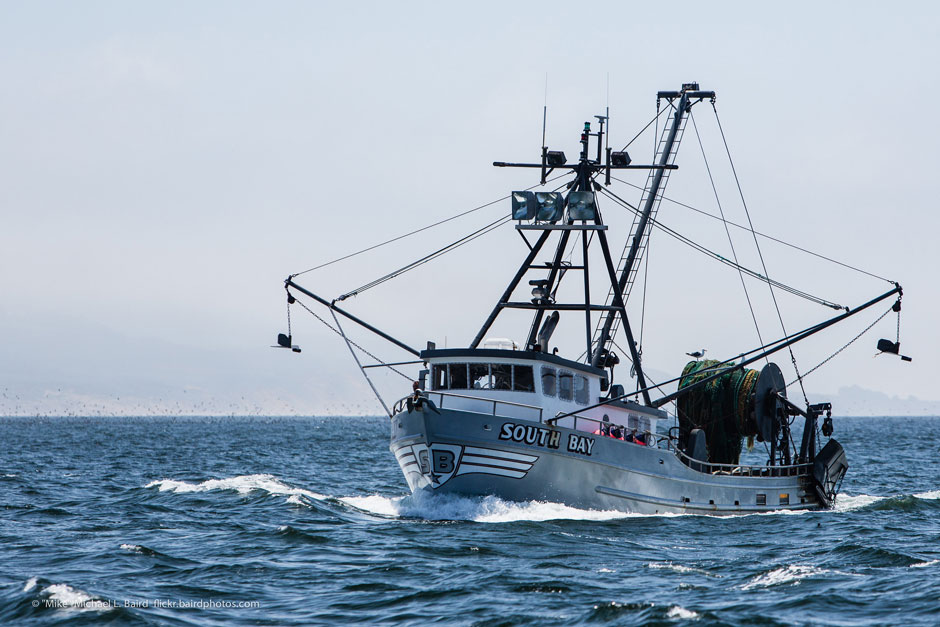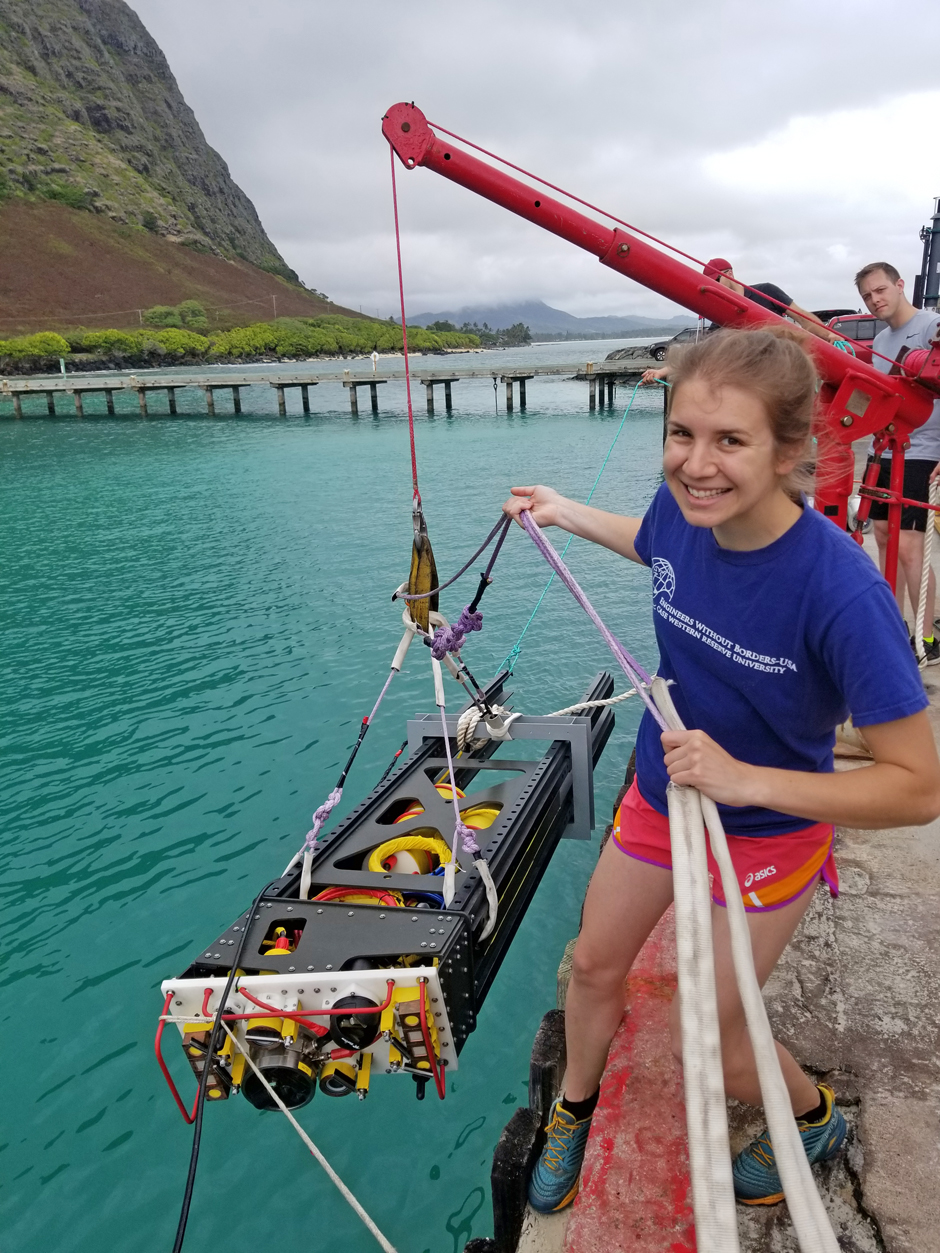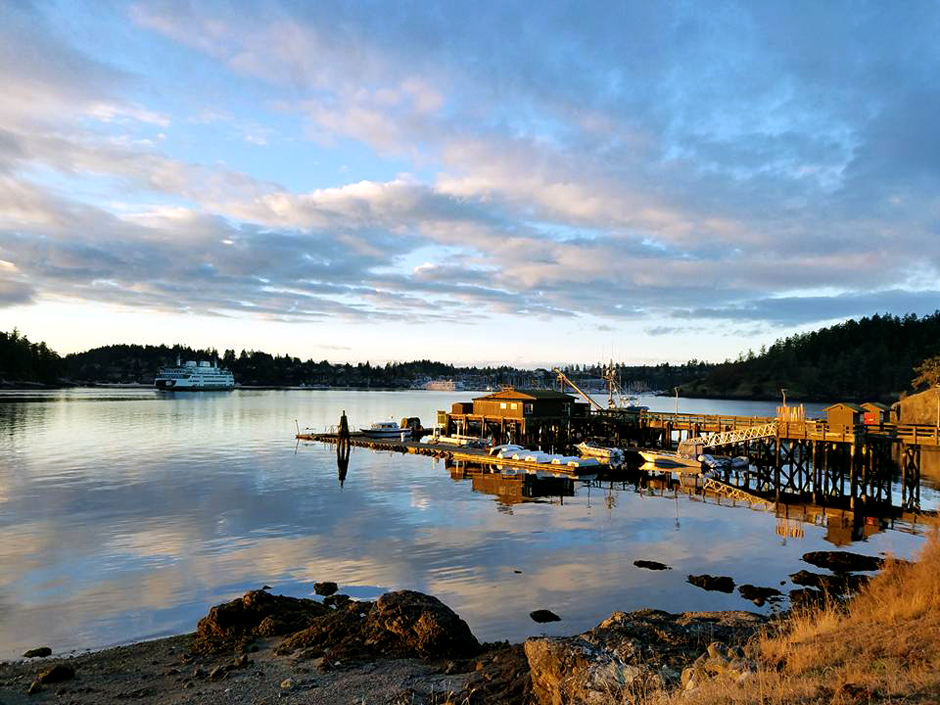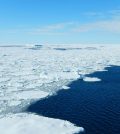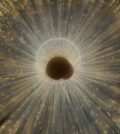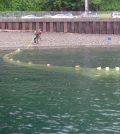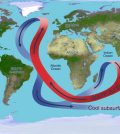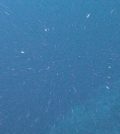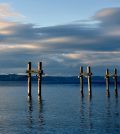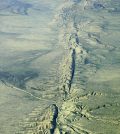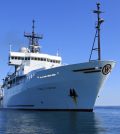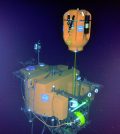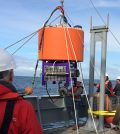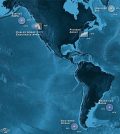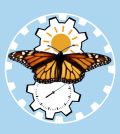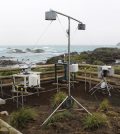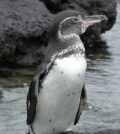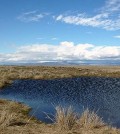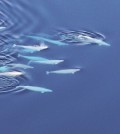Posts for tag "University of Washington"
Fisheries Management Drives Fish Populations Recovery
Where scientific data is brought to bear in intensive fisheries management, fish populations rebound.
- Posted August 19, 2020
Eyes Underwater Watching Aquatic Wildlife
Recent deployment of an Adaptable Monitoring Package (AMP) reveals potential for tapping into wave energy at sea.
- Posted July 9, 2019
Science Near the Salish Sea: Friday Harbor Laboratories
Friday Harbor Laboratories offer unique research and educational opportunities in the Salish Sea area.
- Posted May 17, 2019
Floating, Diving Robots in the Southern Ocean
Researchers have deployed floating, diving robots to monitor water parameters in the Southern Ocean under the wintertime ice, with surprising results.
- Posted November 7, 2018
Sustainable, Sponge-like Material Takes the Color Out of Dyes
A team has created a sponge-like material of nano cellulose made sustainably from wood pulp and palladium particles that removes color from dye in water.
- Posted October 15, 2018
Imaging Foraminifera Shell Formation Clarifies Sediment Samples
A study led in part by scientists at University of Washington pinpoints the beginnings of foraminifera shell formation.
- Posted October 26, 2016
Elliott Bay Reconstruction Benefits From Chum Salmon Finds
Investigators at University of Washington find that armored shorelines can impact the choices of prey available to chum salmon in Seattle’s Elliott Bay.
- Posted October 25, 2016
Atlantic Ocean Overturning Circulation Slowing Down
The overturning circulation of the Atlantic Ocean is getting slower, but not as quickly as some think, according to University of Washington scientists.
- Posted October 19, 2016
Ocean Carbon Sink: Polar Regions Outperform Others
An effort led by University of Washington investigators has found that polar regions outperform others in ocean carbon sequestration.
- Posted August 12, 2016
Pacific Northwest Ocean Forecasting Model Put Through Paces
Scientists from U. of Washington and the National Oceanic and Atmospheric Administration assess the quality of an ocean forecasting model.
- Posted August 2, 2016
San Andreas Fault’s Massive Uplift Areas Logged For First Time
Data from a GPS network help investigators document vertical uplift and subsidence of the San Andreas fault for the first time ever.
- Posted July 22, 2016
R/V Thomas G. Thompson Gets Upgrades
The University of Washington’s R/V Thomas G. Thompson is embarking on its easiest mission yet: a year in protected waters so that it can undergo some upgrades for improved performance. Those include new propulsion systems and engineering...
- Posted July 6, 2016
Data From Ocean Observatories Initiative Cabled Array Now Online
Following the launch of an online data center, information from the Ocean Observatories Initiative (OOI) is now available to web visitors. Data from the University of Washington’s Cabled Array, the only array of the network connected directly...
- Posted June 29, 2016
Environmental Sample Processor Charts Washington Coast Algae
An environmental sample processor launched off the coast of Washington may help scientists track algal blooms and toxins near the Juan de Fuca eddy.
- Posted June 10, 2016
Ocean Observatories Initiative Data Center Launches
A data center for the pioneering Ocean Observatories Initiative, which collects and shares data from more than 800 sophisticated instruments and a transmission network across the Atlantic and Pacific oceans, is now operating at Rutgers University. The...
- Posted May 24, 2016
How Monarch Butterflies Know Which Way To Migrate
Ever wonder how monarch butterflies always know the right direction (southwest) to migrate? Well, science has answered that question: The butterflies combine the sun’s position on the horizon with the time of day to choose the correct...
- Posted May 17, 2016
Southern Ocean Clouds Need More Attention In Climate Models
Scientists at U. of Washington study the workings of Southern Ocean clouds to improve the long-term reliability of climate models.
- Posted April 22, 2016
‘No Take’ Designation To Help Endangered Galapagos Penguins
The government of Ecuador has moved to protect the fish-rich waters off the country’s coast that help to support endangered galapagos penguins, according to a release from the University of Washington. The country’s president has issued a...
- Posted April 14, 2016
Scientists Use Landsat Images To Track Seasonal, Long-Term Variations Of Wetlands
While they may sometimes appear to be stagnant pools of water, wetlands actually change so much seasonally that they can be difficult to monitor. However, in a release, University of Washington scientists reveal a new solution for...
- Posted April 1, 2016
Tracking Beluga Whales Reveals Behavior Insights
University of Washington scientists lead a satellite tagging effort to track the movements of hard-to-spot beluga whales.
- Posted February 18, 2016


